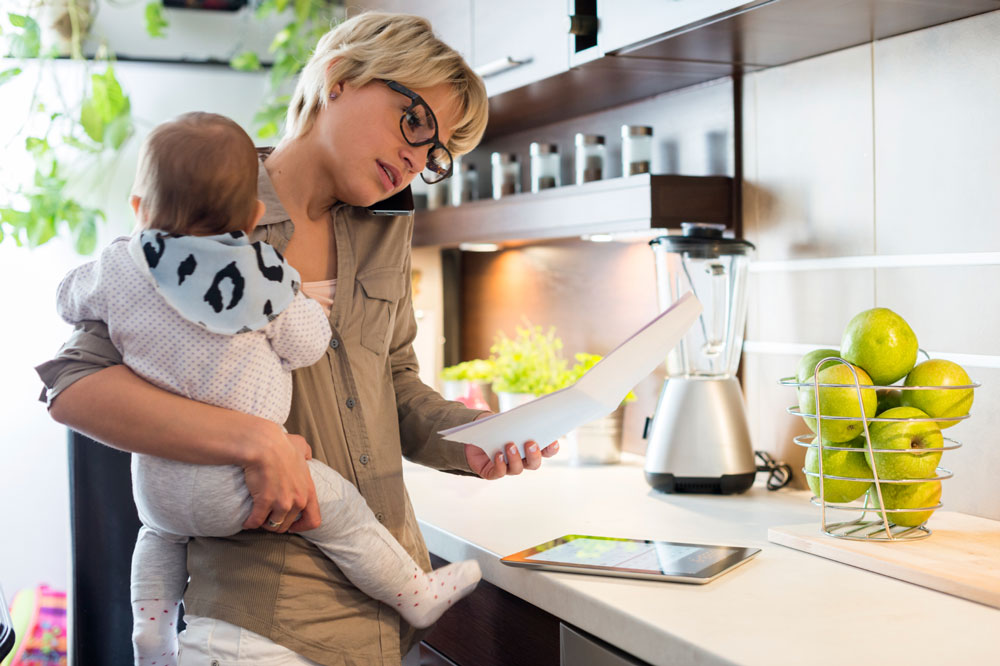The first day of school can be difficult for children of all ages. Children entering school for the first time are often anxious, but even children who have already attended school can be upset or concerned on the first day.
Back-to-School: Tips to Prepare Your Child
What can you do to help make the first day easier for your child? Here are some tips for back-to-school:
- Talk to Your Child: Remind your child that she is not the only student who is a bit uneasy about the first day of school. Teachers know that students are anxious and will make an extra effort to make sure everyone feels as comfortable as possible.
- Choose a Buddy: If possible, find out the names of other children in your childs class. Find another child in the neighborhood with whom your son or daughter can walk to school or ride with on the bus for the first day of school and the rest of the year.
- Be a Cheerleader: Point out the positive aspects of starting school or going back to school: It will be fun. Tell your child hell see old friends and meet new ones. Refresh his memory about previous years when he may have returned home after the first day of school with high spirits because he had a good time.
Transitioning from Summer to School
While it is wonderful to give children the opportunity for a more relaxed schedule during the summer, August is the time for gradually easing children back into a routine to avoid an abrupt transition when school starts.
Here are some ideas for easing the transition back to school:
- Create a morning routine. For happier mornings when school starts, develop a special morning routine and stick with it. When children can predict what's coming next, they feel competent and are much more likely to cooperate. For younger children, a relaxing routine might start off with some snuggle time and independent play, followed by a nutritious breakfast. For older children, it might include time to collect homework and plan for afternoon activities.
- Get into the routine. Start re-implementing your regular routines during August. If you let your child stay up a little later during the summer, gradually get back to the bedtime you expect once school starts.
- Practice the morning routine. "Rehearse" packing lunches in the morning, so that you will know how much extra time it will take and what lunch supplies you will need to have on hand. If your child will be purchasing school lunch, begin collecting dollar bills and change in a location in the kitchen so you will have it handy. Do a "dry run" of the new morning routine with your child, whether it's walking to the bus stop or driving to the new school to see how much time it will take. Remember, it almost always takes more time than you think, especially when the unexpected happens (e.g., you have to go back to the house to get homework, sneakers for gym, lunch, etc.).
- Phase out naps for kindergarteners. We all love sleeping children but, if your child still naps, begin decreasing nap time so that he or she will be ready for a full day without a nap before school starts.
- Check out the school. If you haven't done so already and if the school welcomes the practice, make a visit to the new school to meet your child's teacher. If this doesn't work with your schedule, arrange for a relative or neighbor whose child attends the same school to take your child before the official school year begins.
- Have a back-up or emergency plan. Make sure you and your child know the routine for before- and after-school care ahead of the first day of school. Have a back-up plan for what to do in case you are late. You probably had a plan at your child care center, but be sure that your emergency pick-up people know where the new school and after-school program is located and what the pick-up routine is there. It is better to prepare ahead of time than encounter an emergency.





